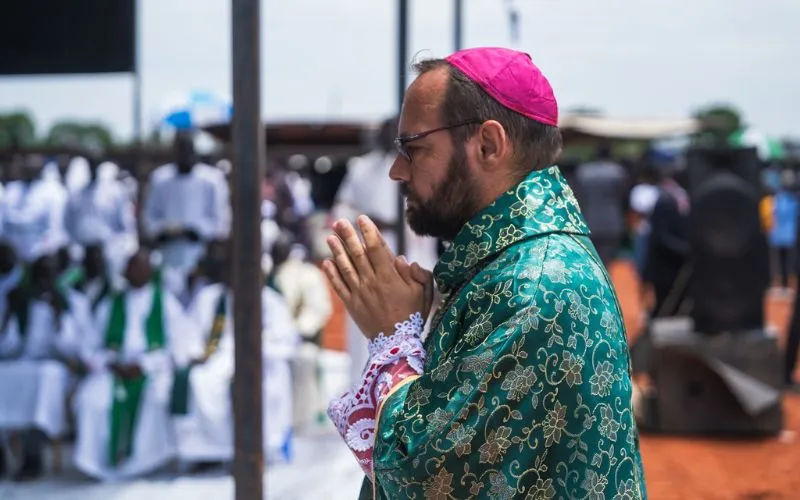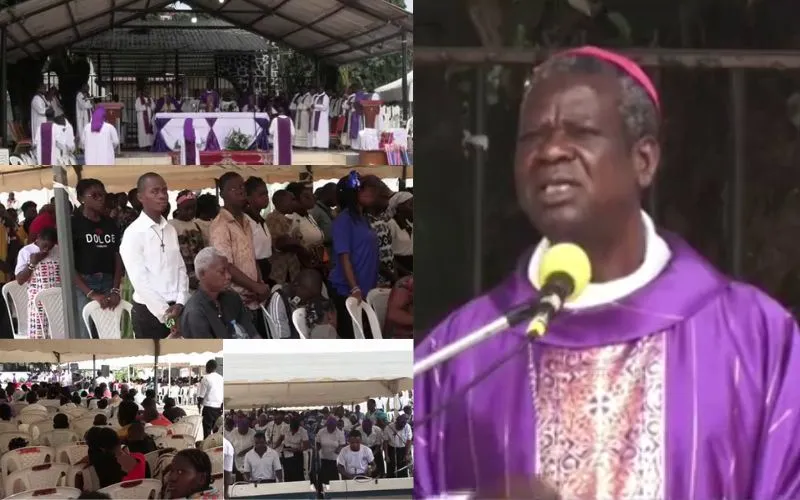He noted that this clerical mentality is not confined to the Clergy alone but can also be found in laypeople who elevate clerical figures to an untouchable status.
“Clericalism reveals itself in a style of life, which is raising the person above the people. Clericalism leads the person to exercise his leadership without true listening and discernment, without possibility of revision or accountability. No one can question a clericalized leader,” the Italian-born member of the Comboni Missionaries of the Heart of Jesus (MCCJ) said.
He noted that the final document of the Synod on Synodality addressed the issue of clericalism, urging the Church to adopt a “more inclusive model of leadership, one that fosters genuine dialogue, mutual discernment, and accountability at all levels of ecclesial life.”
“This perspective will certainly have an impact on decision-making processes characterized by a more clearly synodal style. It will also help to overcome clericalism understood as the use of power for one’s own advantage and distortion of the authority of the Church which is service to the People of God,” Bishop Carlassare explained.
He added, “We must embrace a more courageous discernment of what pertains to the ordained ministry and what can and must be delegated to others. This will help create a spiritually healthier and more dynamic way of exercising ministry, and ultimately overcome the clericalism that distorts the authority of the Church.”
In his reflection, Bishop Carlassare goes on to reflect on the importance of the Synod on Synodality call to a “Gospel-like conversion,” a transformation in which he says the Church relates to its members, especially the poor and marginalized.
He underscores the need for the Church to listen to the “sensus fidei” of the people of God, acknowledging that the faithful, particularly the poor, have much to teach the Church about the true meaning of faith, dignity, and solidarity.
Drawing on the teachings of Pope Francis, Bishop Carlassare reminds the faithful that the Church’s mission is not only to serve the poor but to learn from them.
“The poor are not a social problem, but have a theological status because God identified himself with them,” he says, recalling the message of Pope Francis from a meeting he said he had held with the Holy Father, together with other places where the Church is engaged in primary evangelization.
This, he explains, is why the Church must prioritize the poor in its ministry, recognizing the wisdom that God wishes to share through their lives and struggles.








